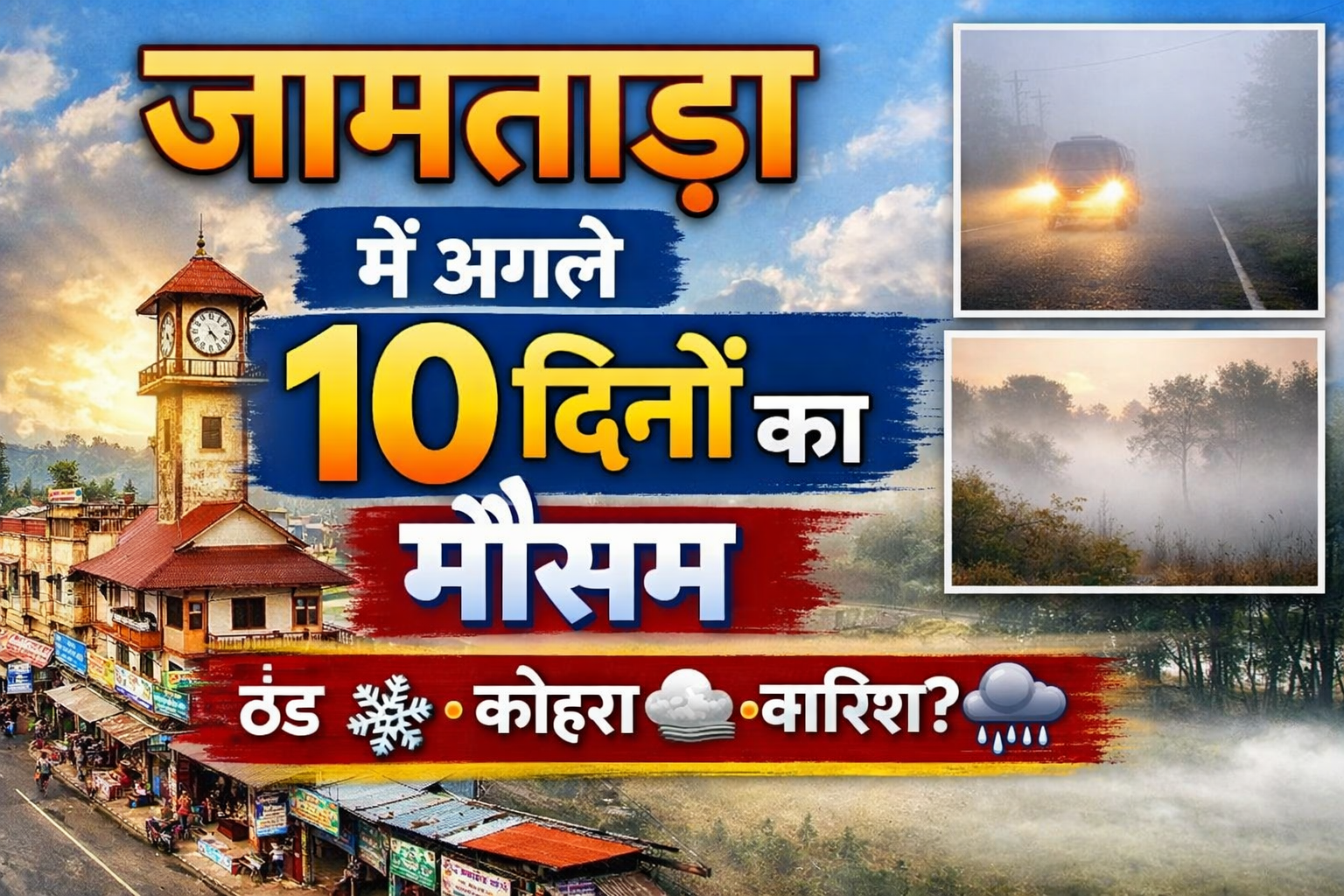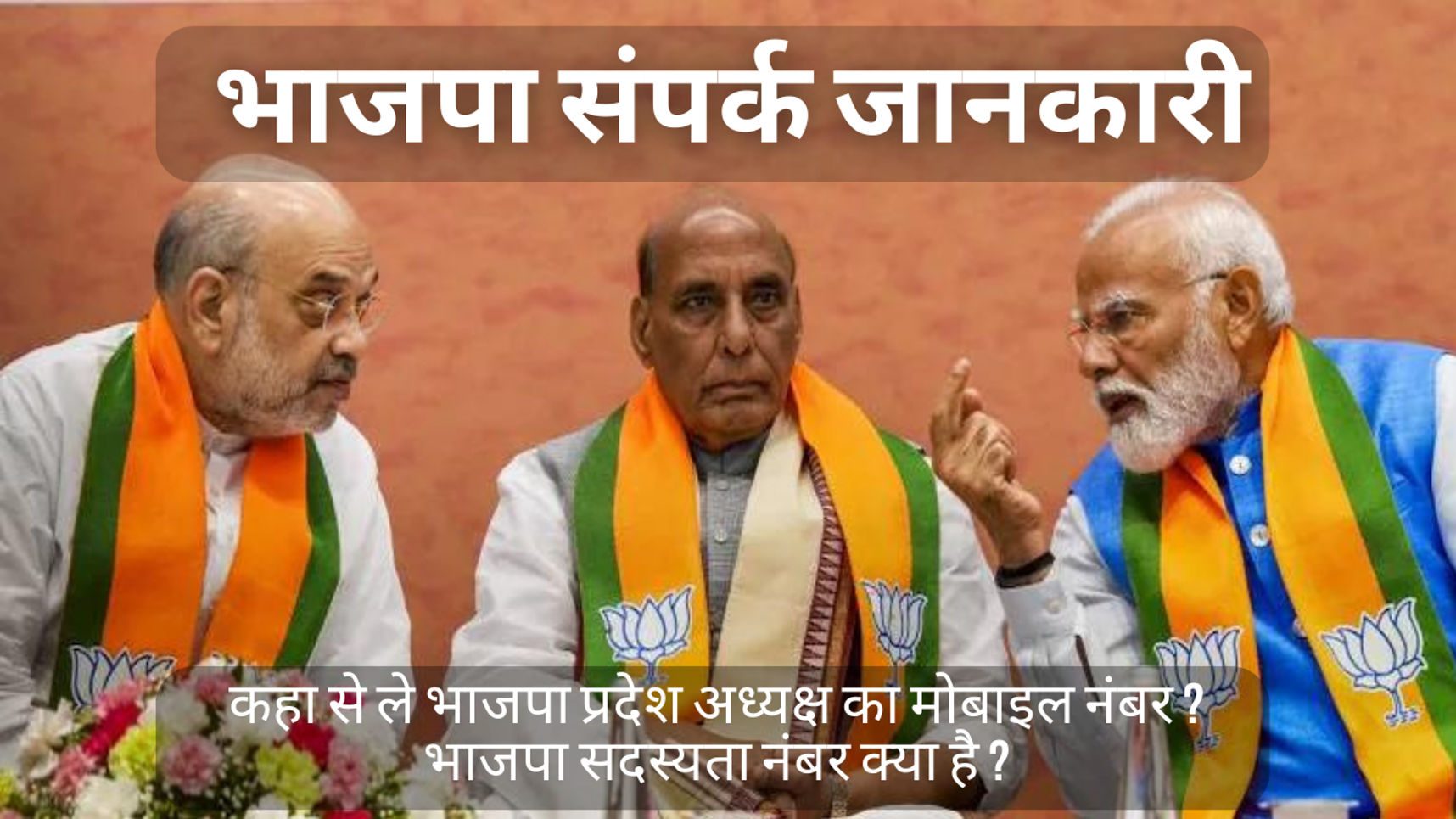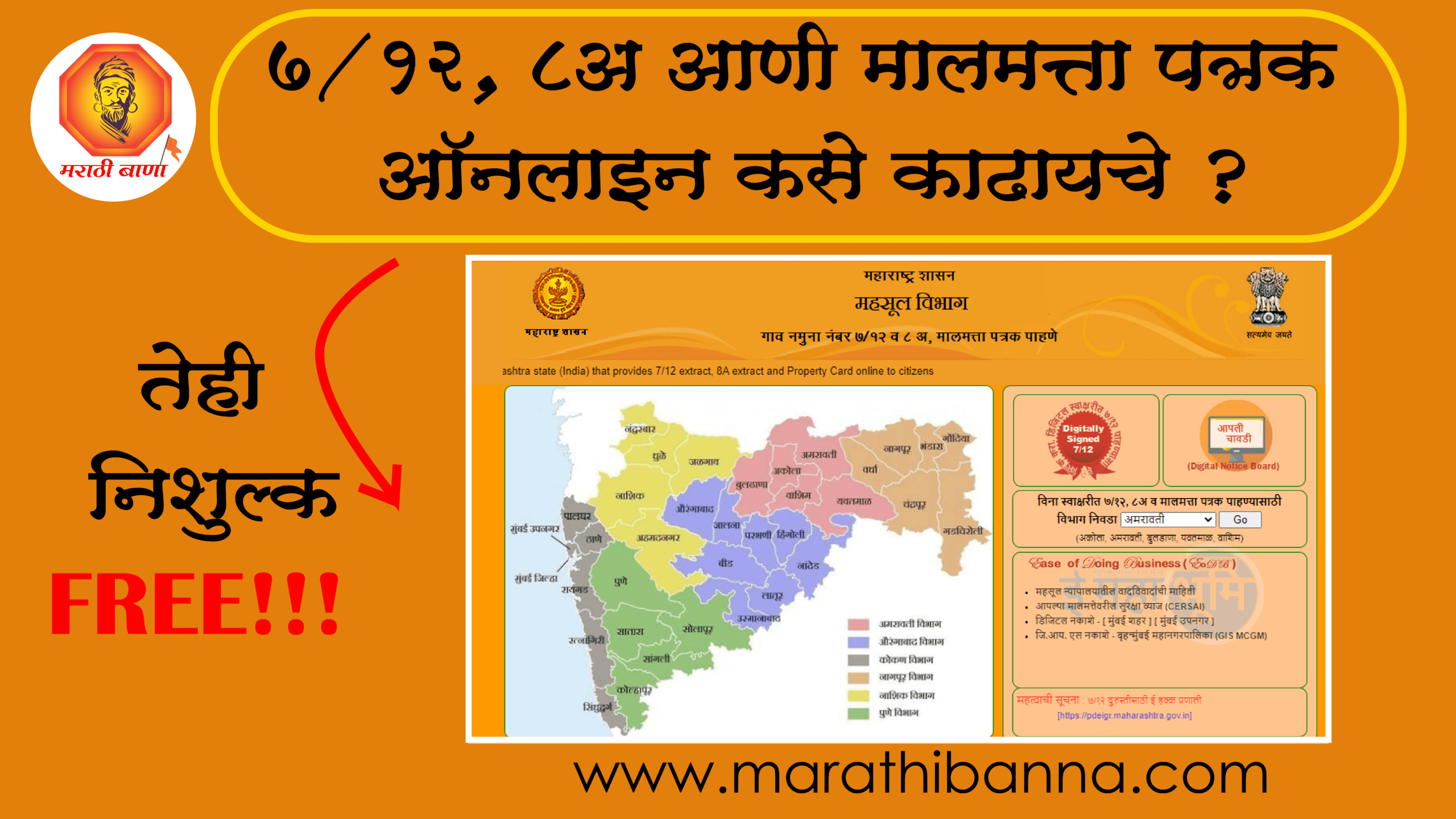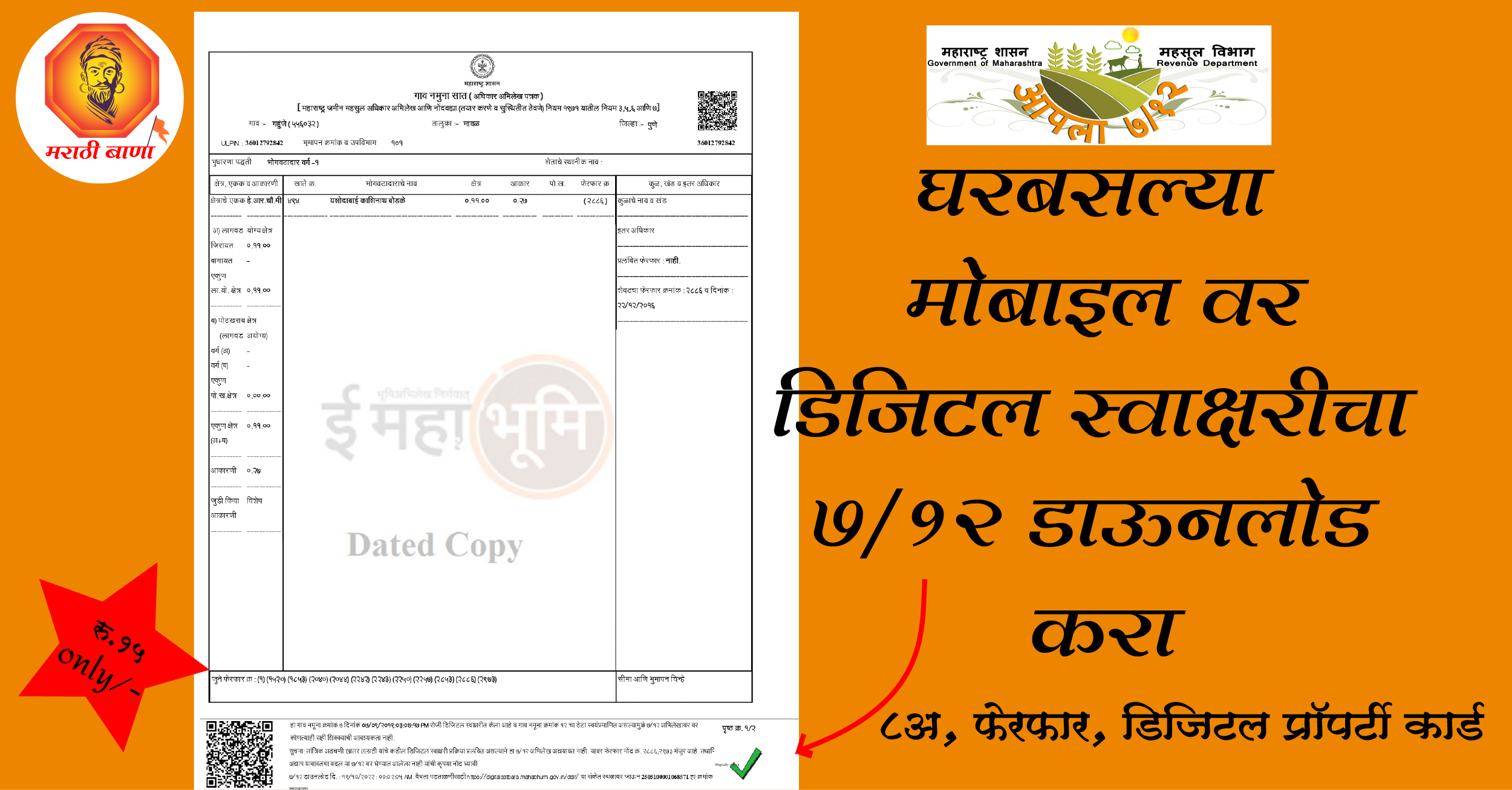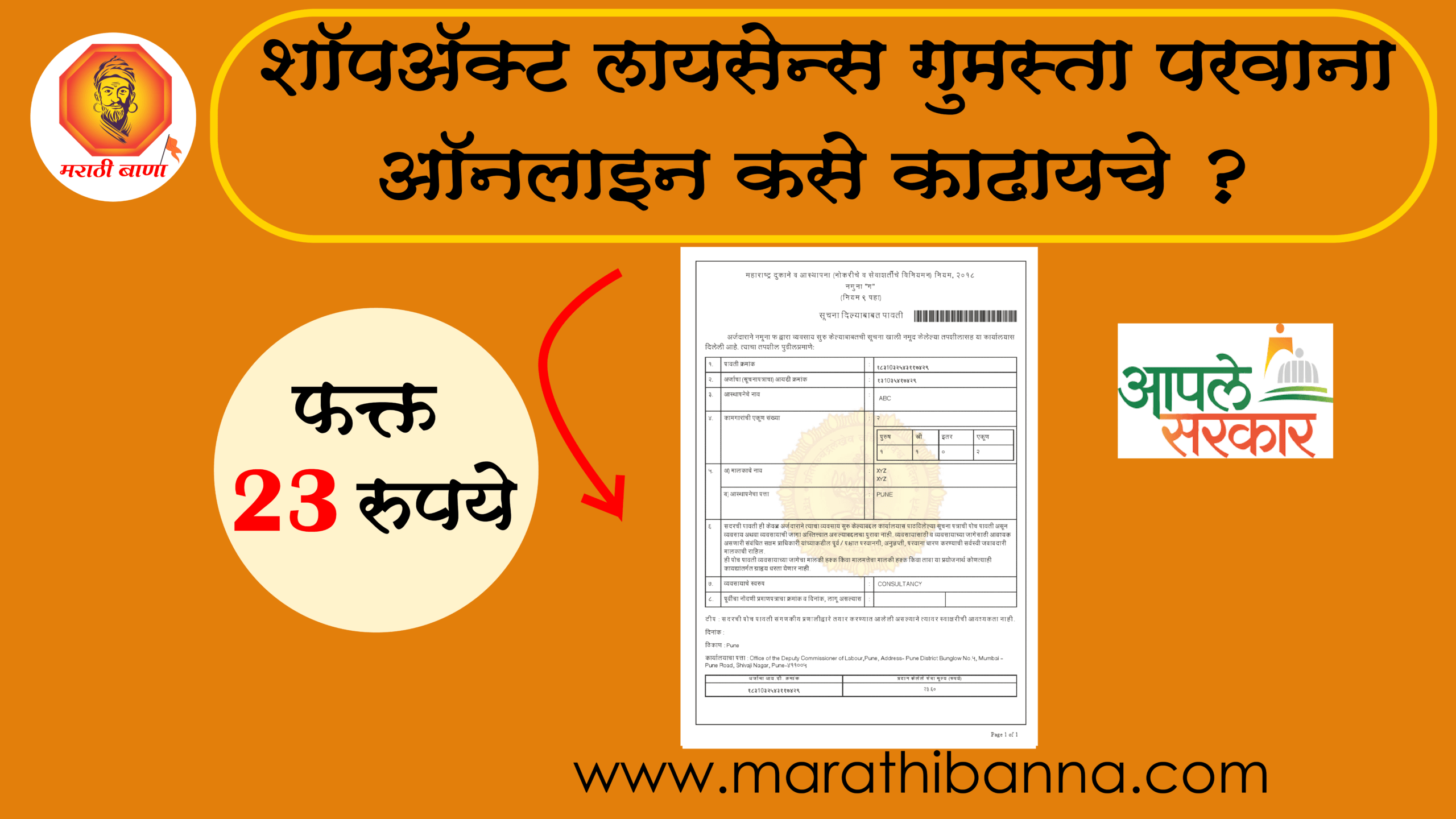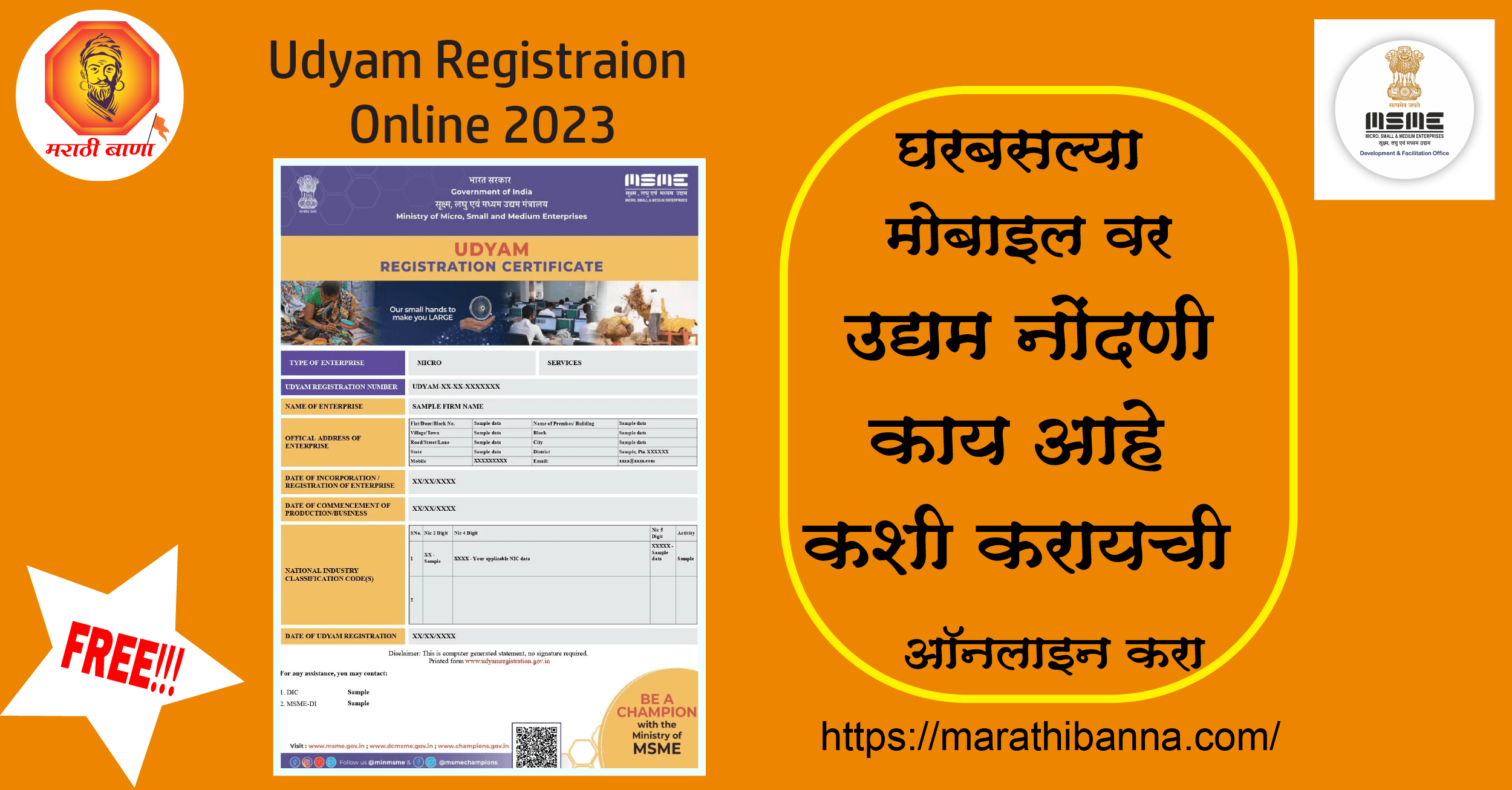राजकारण मराठी टोमणे | राजकारण सुविचार | चला राजकारणात | भारतीय राजकारण, सदैव चर्चेत असलेला विषय, जिथे धोरणे आणि कल्पनांचा संघर्ष रंगतो. याच राजकारणाचा रसपूर्ण स्वाद घेण्यासाठी, आज आपण मराठी टोमणे आणि सुविचारांद्वारे राजकारणाच्या गुंतागुंतीत डोकावून पाहूया.
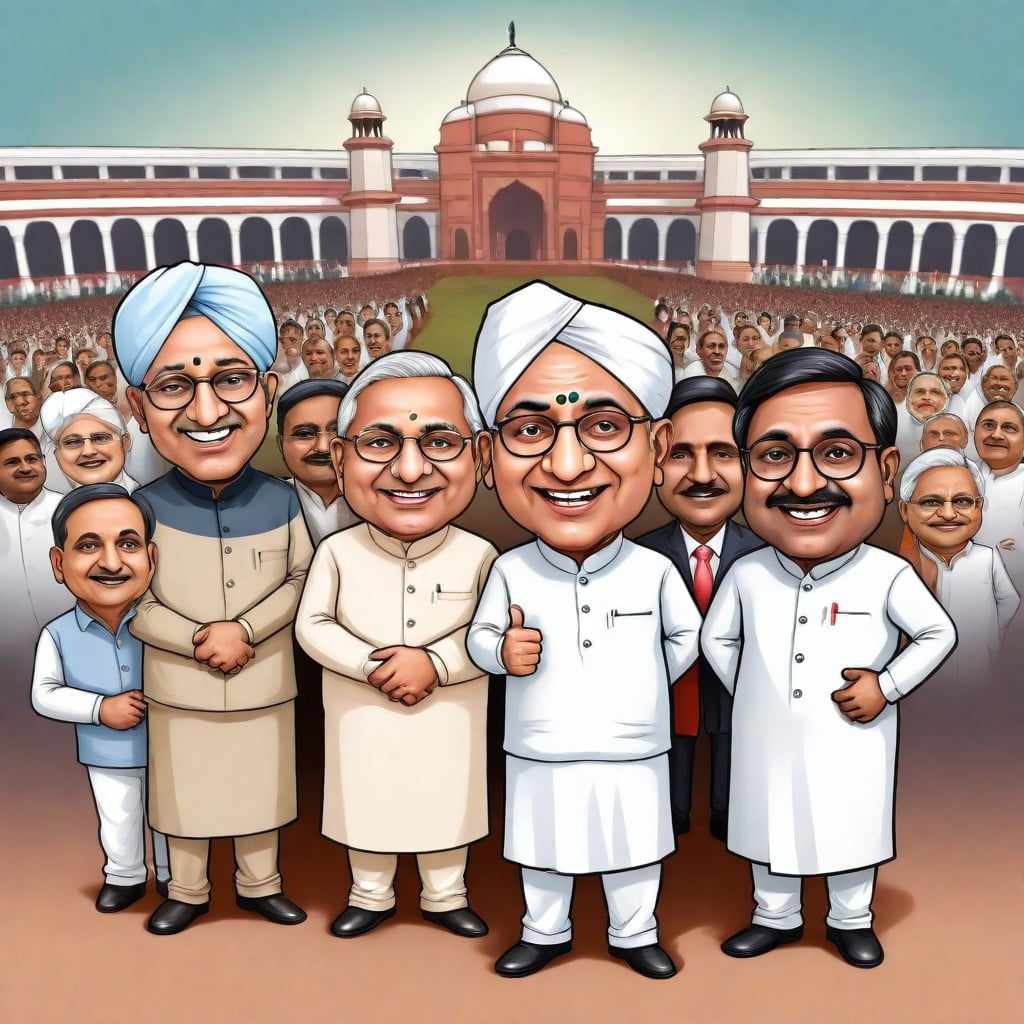
राजकारण सुविचार:
राजकारणात मीठ आहे – राजकारण जीवनाचा अविभाज्य भाग आहे, जसे मीठ अन्नासाठी आवश्यक आहे.
मतदान हे तुमचे अधिकार आहे. – मतदान हे नागरिकाचे कर्तव्य आहे, ज्याद्वारे आपण आपल्या देशाच्या भविष्यावर निर्णय घेतो.
राजकारणात चांगल्या माणसांची गरज आहे. – राजकारणात प्रामाणिक, नीतिमान आणि जनसेवेसाठी तत्पर लोकांची गरज आहे.
राजकारण मराठी टोमणे | राजकारण सुविचार | चला राजकारणात 2024-25
वाचाळ कोळी, गप्पली मासा. – जोरदार वक्ते असलेला नेता, पण जनता शांत.
हात जोडून येतो, हात भरून जातो. – मते मिळवण्यासाठी हात जोडून येणारा नेता, पण निवडून आल्यावर स्वार्थ साध्य करणारा.
विकासाचे झाड, भ्रष्टाचाराचे फळ. – विकासाची आश्वासने देणारा नेता, पण भ्रष्टाचाराला बळी पडणारा.
चला राजकारणात:
राजकारण मराठी टोमणे 2024-2025
- वाचाळ कोळी, गप्पली मासा. (Wachal koli, gappali masa.) – A loud politician, a silent public (meaning empty promises by a leader and lack of response from the people).
- हात जोडून येतो, हात भरून जातो. (Haat jodun yeto, haat bharun jato.) – Comes with folded hands (seeking votes), leaves with pockets full (corruption).
- विकासाचे झाड, भ्रष्टाचाराचे फळ. (Vikasaache jhad, bhrashtacharaache phal.) – Tree of development, fruits of corruption (meaning promises of development but actual focus on personal gain).
- आवडत नाही राजकारण, पण राहायला लागते सगळे. (Aawadnat nahi rajkaran, pan rahaayla laagte sagle.) – Nobody likes politics, but everyone ends up living with it (highlighting the pervasive nature of politics).
- सिंहासनावर बसणारा राजा नाही, जनतेच्या मनात बसणारा राजा. (Simhasanavar basanara raja nahi, janateच्या manat basanara raja.) – A king does not sit on the throne, but one who resides in the hearts of the people (importance of public support).
- शब्द सुंदर, कृत्य दुर्बळ. (Shabd sundar, kritya durbal.) – Beautiful words, weak actions (empty promises by leaders).
- हात धुऊन येतो, पण पाणीच चोरतो. (Haat dhuun yeto, pan paani cha chorto.) – Comes with clean hands (pretense of honesty), but steals the water itself (corruption).
- वाघाची चाल, शेळीची भाषा. (Waghchi chal, shelichi bhasha.) – A tiger’s walk, a sheep’s voice (a powerful leader who speaks softly).
- राजकारणात सत्य हे वेगळे, असत्य हे वेगळे नाही. (Rajkaranat satya he vegale, asatya he vegale nahi.) – In politics, truth is separate, but falsehood isn’t (highlighting the potential for manipulation).
- पहिले घर सुधारा, मग जग सुधारा. (Pahille ghar sudhara, mag jag sudhara.) – Fix your own house first, then the world (emphasizing the need for politicians to address local issues before making grand promises).
- आश्वासनांची फुलबाग, मंजुरीचा कांटा. (Aashwasanchi fulbag, manjuricha kaanta.) – A garden of promises, but a thorn of approval (highlighting the difficulty of getting actual action from politicians).
- शेर म्हणतो मी सिंह, माकड म्हणतो मी राजा. (Sher mhнато मी singh, makad mhнато मी raja.) – The lion says I’m a lion, the monkey says I’m a king (a boastful politician with no real power).
- आवाज वाऱ्यावर, कान ठराविकांवर. (Aavaaj varyavar, kaan thravikanvar.) – Words on the wind, ears for the privileged (the concerns of common people are ignored).
- नोटांची भाषा सगळे समजतात. (Notanchi bhasha sagle samajtat.) – Everyone understands the language of money (corruption is a common language).
- नदीला पूर येतो, नेत्याला नाव येते. (Nadिला pur yeto, netala naam yete.) – When the river floods, the leader gets the credit (taking credit for events beyond their control).
- पुराण वाचणे वेगळे, त्यातून ज्ञान मिळणे वेगळे. (Puran wachane vegale, tyatil gyan milane vegale.) – Reading scriptures is different, gaining wisdom is different (religious affiliation doesn’t guarantee good leadership).
- हात जोडून विनंती, मने लाऊन मारामारी. (Haat jodun vinanti, mane laun maaramari.) – Requests with folded hands, fights within themselves (politicians pretend unity but have internal conflicts).
- विकासाची गंगा, भाषणाचा घडा. (Vikasaachi ganga, bhashanacha ghada.) – Development is the Ganges (a holy river), speeches are just a pot (grand promises with little action).
- पक्ष वेगवेगळे, स्वार्थ सारखाच. (Paksh vegvegale, swarth sarkaach.) – Different parties, same selfishness (all politicians are motivated by self-interest).
- नेतांची भाषा गोड, जनतेची परिस्थिती कडू. (Netanchi bhasha god, janatechi paristhiti kadu.) – Leaders’ words are sweet, the people’s situation is bitter (empty promises and harsh realities).
- आशावादी राहा, पण मूर्ख बनू नका. (Aashavadi raha, pan murkh banu naka.) – Be hopeful, but don’t be a fool (don’t blindly trust politicians’ promises).
- राजकारणी म्हणतो मी करेन, जनता म्हणते ये पाहू. (Rajkarni mhнато मी karen, janata mhणते ye paahu.) – Politician says I’ll do it, people say let’s see (highlighting skepticism towards political promises).
- पावसाळा येतो, वाट धुलाई होते. (Paavsaala yeto, waat dhulayi hote.) – When the monsoon comes, the road gets washed clean (corruption is forgotten when new issues arise).
- आवडत नाही राजकारण, पण करावे लागते मजबुरीने. (Aawadnat nahi rajkaran, pan karaave laagte majboorinne.) – Nobody likes politics, but one is forced to (highlighting the influence of politics on daily life).
- शेखीचा मोर, कामाचा घोडा. (Shekhiचा mor, kaamaचा ghoda.) – A peacock for show, a horse for work (a flashy leader with no real substance).
- नाच रे मोरा, हिरवा रंग तुझा खरा. (Nach re mora, hirwa rang tujha khara.) – Dance peacock, your green color is real (politicians change their stance based on convenience). 17. हाती दंड, मस्तकावर मुंडास. (Haati dand, mastakavar mundas.) – A stick in hand, a shaved head on top (a leader who enforces strict rules but ignores their own wrongdoings).
- जुन्या झाडाची नवी फांदी, फळ मात्र जुनं. (Junya jhadachi navi faandi, fal matra junam.) – A new branch on an old tree, the fruit remains the same (a change in leadership within the same party might not bring significant change).
- भाषण करून पोट भरतो, काम करून नाव कमावतो. (Bhashan karun pot bharto, kaam karun naam kamaavto.) – Fills his stomach by giving speeches, earns a name by doing work (highlights the importance of action over empty talk).
- नदीला पूर येतो, माही सावरतो कोणी? (Nadिला pur yeto, mahi savarto koni?) – The river floods, but who saves the fisherman? (Leaders take credit for good times, but the common people struggle during hardships).
- वाघाच्या कातडीचा सिंह. (Waghyaच्या ka tadicha singh.) – A lion in a tiger’s skin (someone who pretends to be powerful but lacks true strength). This proverb highlights how some politicians might project a strong image but lack the capability to deliver on their promises.
- एका हाताने टाळी न वाजत. (Eka hatane taali na vaajt.) – You can’t clap with one hand (meaning cooperation is necessary in politics). This proverb emphasizes the importance of collaboration and compromise in achieving political goals.
- फुलांच्या हास्यावर विश्वास ठेवू नका. (Phulanच्या hasyavar vishwas thevu naka.) – Don’t trust the smile of flowers (appearances can be deceiving in politics). This proverb warns against trusting politicians solely based on their charisma or empty promises.
- वाचाळ कोळी, गळ्यात मासा अडकतो. (Wachal koli, galyat masa atakto.) – A loud fisherman, gets a fish stuck in his throat (someone who talks too much ends up getting caught in their own lies). This proverb highlights the dangers of making extravagant claims that cannot be substantiated.
- हवामान खराब, शेतकरी त्रस्त. (Havamaan kharab, shet kari trasta.) – Bad weather, farmer suffers (the common people suffer while politicians squabble). This proverb points out how political bickering often takes precedence over addressing the needs of the people.
- नदीवर पूल बांधतो, पाण्यात पडतो. (Nadीवar pool bandhto, paanyat padto.) – Builds a bridge over a river, falls into the water (someone who makes grand plans but fails to execute them). This proverb criticizes politicians who make unrealistic promises but fail to deliver.
- नसत्याची वासरु वाहणे, डोंगरावर चढणे सारखे. (Nastyachi vasru vhane, dongaravar chadne sarkhe.) – Carrying a calf of a lie, is like climbing a mountain (a lie will eventually become too heavy to maintain). This proverb warns politicians against resorting to lies and deception.
- गाढवावर शेंग धारण करणे. (Gadhavar sheng dharan karne.) – Putting a saddle on a donkey (wasting resources on someone unfit for a particular role). This proverb criticizes the practice of appointing unqualified individuals to positions of power.
- सिंहासनावर बसणे सोपे, जनतेच्या मनात बसणे कठीण. (Simhasanavar basne sope, janateच्या manat basne kathin.) – Sitting on the throne is easy, residing in the hearts of the people is difficult (true leadership requires more than just holding a position). This proverb emphasizes the importance of earning the trust and respect of the people.
- काळी माणसं राजा झाली, तरीही रयत काळीच राहील. (Kali manus rajya jhali, tarihi rayat kali cha rahil.) – Even if a dark person becomes king, the people will remain dark (a bad leader cannot improve the lives of the people on his own). This proverb highlights the importance of active participation from the people to hold their leaders accountable and bring about positive change.
राजकारण हा एक जटिल विषय असला तरी, त्यापासून दूर राहणं योग्य नाही. मराठी टोमणे आणि सुविचारांद्वारे आपण राजकारणाचा रसपूर्ण अभ्यास करू शकतो आणि समाजात सकारात्मक बदल घडवून आणण्यासाठी प्रयत्न करू शकतो.
राजकारण सुविचार |चला राजकारणात 2024-2025
- राजकारणात मीठ आहे. (Rajkaranat mith aahe.) – Politics is an essential part of life, like salt is essential for food.
- राजकारणात कोणीही मित्र नाही. (Rajkaranat konihi mitra nahi.) – In politics, there is a play of self-interest and power, so true friendships are hard to maintain.
- शब्दांपेक्षा कृती बोलतात. (Shabdanpeksha kriya boltat.) – In politics, the actions of leaders speak louder than their words.
- लोकांचा आवाज ऐका. (Lokancha aavaj aika.) – Good leaders listen to the people and fulfill their needs.
- मतदान हे तुमचे अधिकार आहे. (Matdaan he tumche adhikar aahe.) – By voting, you can have a say in the future of your country.
- राजकारणात चांगल्या माणसांची गरज आहे. (Rajkaranat changalya manusanchi garaj aahe.) – Politics needs good people who are honest, ethical, and committed to serving the public.
- नेता हे सेवक असतात. (Neta he sevak asatat.) – Leaders are servants of the people, not their rulers.
- शक्तीचा गैरवापर टाळा. (Shakticha gairvapar tal.) – Avoid misuse of power, for it leads to corruption and injustice.
- सत्य आणि न्यायासाठी उभे रहा. (Satya aani nyayasathi ubhe raha.) – Stand up for truth and justice, even when it is difficult.
- निराश होऊ नका, लढा सुरू ठेवा. (Nirash houu naka, lada suru theva.) – Don’t get discouraged, keep fighting for what you believe in.
Additional Proverbs:
- राजकारण हे खेळ आहे. (Rajkaran he khel aahe.) – Politics is a game, and in games, there are winners and losers.
- राजकारणात धैर्य आणि चातुर्याची गरज आहे. (Rajkaranat dhairya aani chaturyachi garaj aahe.) – Politics requires courage and cunning to navigate the complex world of power and influence.
- राजकारणात अनेकदा तडजोड करावी लागते. (Rajkaranat anekada tadjod karavi lagate.) – In politics, compromise is often necessary to achieve progress.
- राजकारण हे धूर्त लोकांसाठी नाही. (Rajkaran he dhoort lokanchya sathi nahi.) – Politics is not for cunning people who seek personal gain at the expense of others.
- राजकारण हे जनतेसाठी असावे. (Rajkaran he janatesathi asave.) – Politics should be for the people, not for the elite or the powerful.
- राजकारण हे बदलाचे साधन असू शकते. (Rajkaran he badalachya sadhan asoo shakte.) – Politics can be a tool for positive change, if used responsibly and ethically.
- राजकारणात सहभागी होणे गरजेचे आहे. (Rajkaranat sahbhagi honyas garajeche aahe.) – It is important to participate in politics to make your voice heard and shape the future of your community and country.
- मतदान हे तुमचे नैतिक कर्तव्य आहे. (Matdaan he tumche naitik kartavya aahe.) – Voting is your moral duty as a citizen to contribute to the democratic process.
- राजकारणावर टीका करण्यास घाबरू नका. (Rajkaranavar tika karnyas ghabaroo naka.) – Don’t be afraid to criticize politics, for it is through constructive criticism that we can hold our leaders accountable and improve the system.
- तुम्ही बदलाचा भाग बनू शकता. (Tumhi badalachya bhag banoo shakta.) – You can be part of the change you want to see in the world by getting involved in politics and making a difference.
- राजकारणात चांगल्या माणसांची गरज आहे, वाईट माणसांची नाही. (Rajkaranat changalya manusanchi garaj aahe, vaat manusanchi nahi.) – Politics needs good people who are honest, ethical, and committed to serving the public, not those who are corrupt and self-serving.
- राजकारणात मतदार हा राजा आहे. (Rajkaranat matdar ha raja aahe.) – In politics, the voter is the king, for it is the voters who have the power to elect their leaders and hold them accountable.
- निवडणूक ही लढाई नाही, तर स्पर्धा आहे. (Nivadnuk hee ladayi nahi, tar spardha aahe.) – Elections are not battles to be won at any cost, but rather competitions of ideas and visions for the future.
- नेता हे वचनबद्ध असावेत. (Neta he vachanbaddh asaveet.) – Leaders should be committed to their promises and work tirelessly to fulfill them.
- नेता हे जनतेसाठी प्रेरणादायी असावेत. (Neta he janatesathi prerak asaveet.) – Leaders should be inspiring to the people, setting an example of integrity, dedication, and service.
- राजकारण हे समाजाचा आरसा आहे. (Rajkaran he samajacha aarsa aahe.) – Politics reflects the state of society, and it is our responsibility to work towards a society that values justice, equality, and progress.
- राजकारण हे शिक्षणाचा विषय आहे. (Rajkaran he shikshanacha vishay aahe.) – Politics is a subject that deserves study and understanding, so that we can become more informed and engaged citizens.
- राजकारण हे जबाबदारीचे काम आहे. (Rajkaran he jawabdariache kam aahe.) – Politics is a work of responsibility, and those who enter the political arena should do so with a commitment to serve the public good.
- राजकारण हे परिवर्तनाचे साधन आहे. (Rajkaran he parivartanache sadhan aahe.) – Politics can be a tool for positive change, if used responsibly and ethically to address the challenges facing society.
- राजकारण हे आपल्या सर्वांचे आहे. (Rajkaran he aapalya sarvanche aahe.) – Politics belongs to all of us, and it is our collective duty to shape a political system that works for everyone.
- शहाणपणाने राजकारण करा. (Shahanpanane rajkarana kara.) – Approach politics with wisdom and prudence, considering the long-term consequences of your actions.
- अन्याय आणि भ्रष्टाचाराविरुद्ध आवाज उठा. (Anyay aani bhrashtacharaviruddh awaaj utha.) – Speak out against injustice and corruption, for silence in the face of wrongdoings is complicity.
- सकारात्मक राजकारणाला प्रोत्साहन द्या. (Sakaratmak rajkaranala protsahan dya.) – Encourage positive politics that focuses on constructive dialogue, collaboration, and finding common ground.
- युवा पिढीला राजकारणात सहभागी करून घ्या. (Yuva pidhile rajkaranat sahbhagi karun ghya.) – Engage the younger generation in politics, for their fresh perspectives and energy are essential for the future.
- नैतिक मूल्यांवर आधारित राजकारणाला समर्थन द्या. (Naitik mulyanvar aadharit rajkaranala samarthan dya.) – Support politics based on ethical values, where honesty, integrity, and accountability are paramount.
- राजकारणात सकारात्मक बदल घडवून आणा. (Rajkaranat sakaratmak badal ghadvun ana.) – Be a catalyst for positive change in politics by actively participating, holding your leaders accountable, and advocating for policies that benefit society.
Remember, these proverbs are not just mere sayings; they carry wisdom and insights that can guide us in understanding and navigating the complex world of politics. Let us use these proverbs to inspire our engagement in politics, to hold our leaders accountable, and to work towards a more just, equitable, and prosperous society.
अतिरिक्त संसाधन:
- भारत निर्वाचन आयोग की वेबसाइट: https://eci.gov.in/
- PRS Legislative Research: https://prsindia.org/
- Lok Sabha TV: https://sansadtv.nic.in/live-tv
या पोस्टमध्ये आपण काय शिकलो?
भारतीय राजकारणाची महत्त्वपूर्ण भूमिका.
राजकारणात सहभागी होण्याचे महत्त्व.
मराठी टोमणे आणि सुविचारांद्वारे राजकारणाचा अभ्यास.
समाजात सकारात्मक बदल घडवून आणण्यासाठी प्रयत्न करणे.
आपल्याला आणखी काय वाचायला आवडेल हे मला खाली कमेन्ट बॉक्स मध्ये नक्की कळवा.
आपल्या आवडत्या राजकीय नेत्यांबद्दल माहिती.
राजकीय पक्षांची तत्त्वे आणि धोरणे.
निवडणुकीचा इतिहास आणि प्रक्रिया.
भारतातील राजकीय व्यवस्थेवर टिप्पणी.
Disclaimer
(टीप : या ब्लॉग पोस्टमध्ये दिलेली माहिती मनोरंजनात्मक हेतूने देण्यात आली आहे. ती कायदेशीर सल्ला किंवा व्यावसायिक सल्ला नाही. या पोस्टमध्ये दिलेल्या माहितीवरून आपण कोणतीही कृती करताना आपल्या स्वत:च्या तज्ञाचा सल्ला घेणे आवश्यक आहे. या ब्लॉग पोस्टमध्ये दिलेल्या माहितीमुळे होणारा कोणताही थेट किंवा अप्रत्यक्ष नुकसान या ब्लॉग किंवा त्याच्या लेखकांना जबाबदार धरता येणार नाही.)
#भारतीयराजकारण #राजकारणसुविचार #राजकारणमराठीटोमणे #चलाराजकारणात
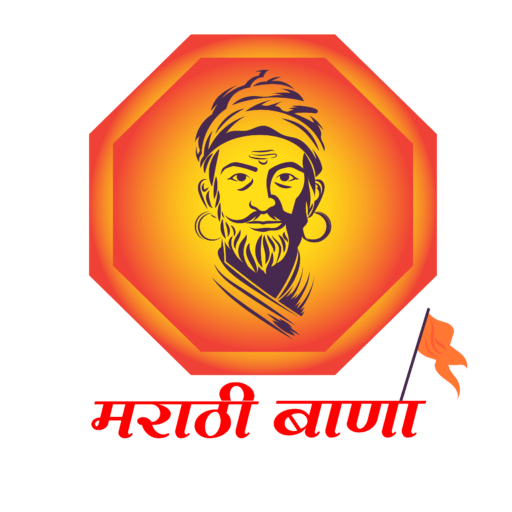
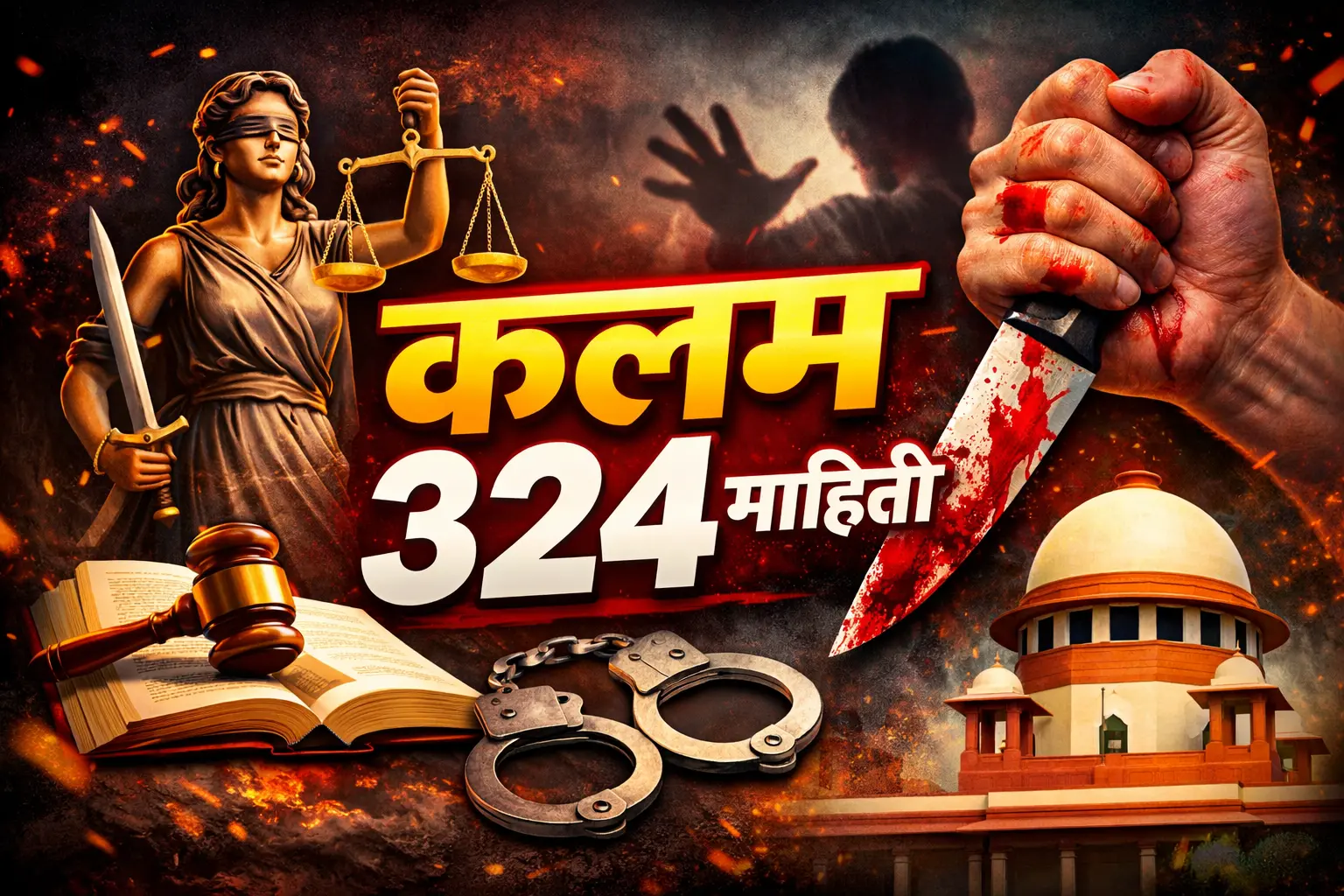
![भारतीय मौसम विज्ञान विभाग (IMD): मौसम पूर्वानुमान, चेतावनी प्रणाली और जलवायु रिपोर्ट 2026 [पूर्ण जानकारी]](https://marathibanna.com/wp-content/uploads/2026/01/भारतीय-मौसम-विज्ञान-विभाग-IMD.webp)
